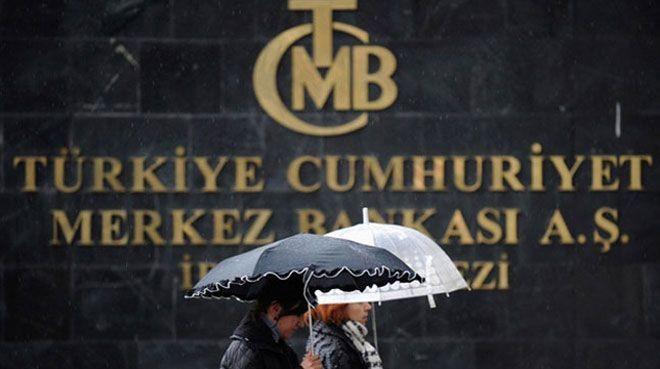
The Turkish Central Bank on Jan. 30 increased Turkey’s year-end inflation forecast from 7 percent to 7.9 percent under a tight monetary policy stance, which focused on bringing down inflation.
Speaking at a news conference in the capital Ankara ahead of the release of the bank’s quarterly inflation report, Central Bank Governor Murat Çetinkaya said inflation would stabilize at around five percent in the medium term.
Çetinkaya said the inflation rate would fluctuate between 6.5 percent and 9.3 percent through to the end of 2018.
The rise in the forecast has been driven by upward revision in the output gap along lira-denominated import price projections, he said.
The higher-than projected inflation in the fourth quarter of last year and a rise in the underlying trend of inflation are other factors, he added.
Turkey’s annual inflation rate hit 11.92 percent in December 2017, the Turkish Statistical Institute (TÜİK) announced on Jan. 3.
The Central Bank had earlier raised its mid-point forecast for 2018 to 7 percent from a previous forecast of 6.4 percent in its July report.
“In 2018, the Central Bank’s main focus will be on enhancing the effectiveness of the monetary policy and accelerating the disinflation process,” Çetinkaya said.
The Central Bank also projected the year-end inflation for 2019 to reach 6.5 percent, up from 6 percent.
“The upward revision in the 2019 year-end inflation forecasts by a total of 0.5 points, relative to October Inflation Report, is driven by upward revision in assumptions for TL-denominated import prices,” he said.
The bank also increased its oil price forecast to $56 per barrel from $55 in the previous report, and to $66 for 2019.
Steps to be taken toward external deficit and savings deficit, financial deepening, productivity and market competition will support achieving lasting price stability and contribute to social welfare, he added.